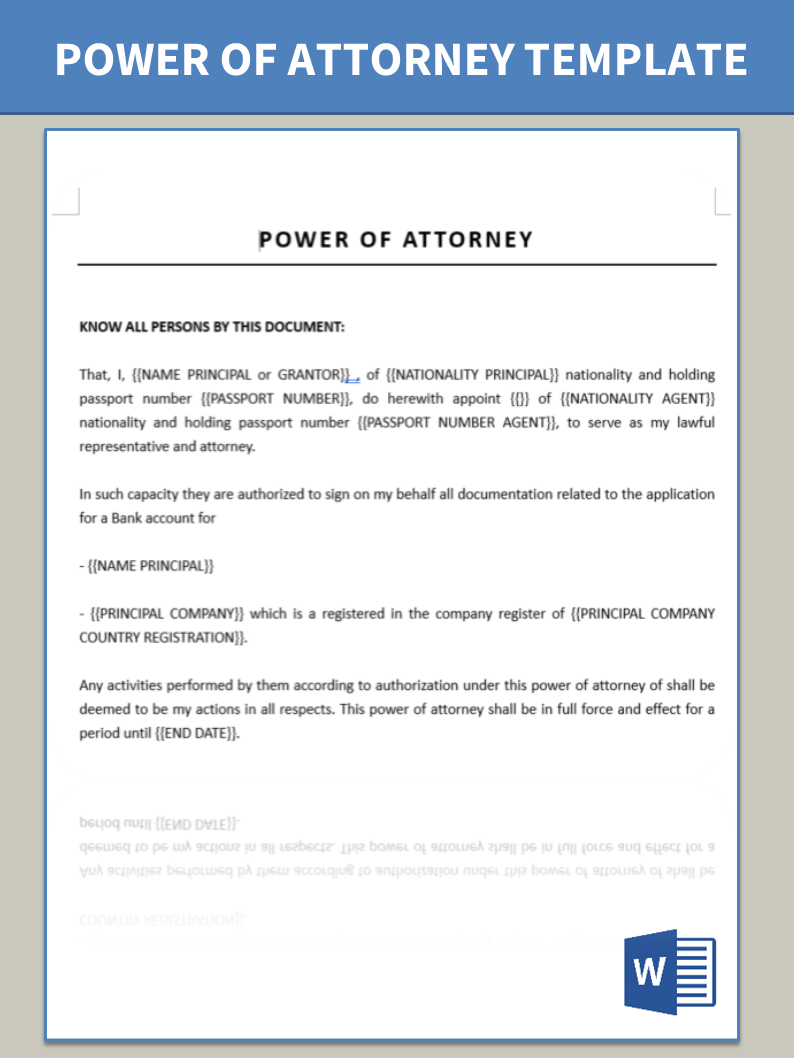
Under the common law, a simple power of attorney becomes ineffective if its grantor dies or becomes “incapacitated,” meaning unable to grant such a power, if, for example, because of physical injury or mental illness. In effect, under a durable power of attorney, the authority of the attorney-in-fact to act and/or make decisions on behalf of the grantor continues until the grantor’s death. Likewise, in common-law jurisdictions other than the U.S., a power of an attorney to execute a deed (i.e. instrument under seal or executed in presence of two witnesses) must be itself executed as a deed. Depending on the jurisdiction, a power of attorney may be oral and, whether witnessed, will hold up in court, the same as if it were in writing.

